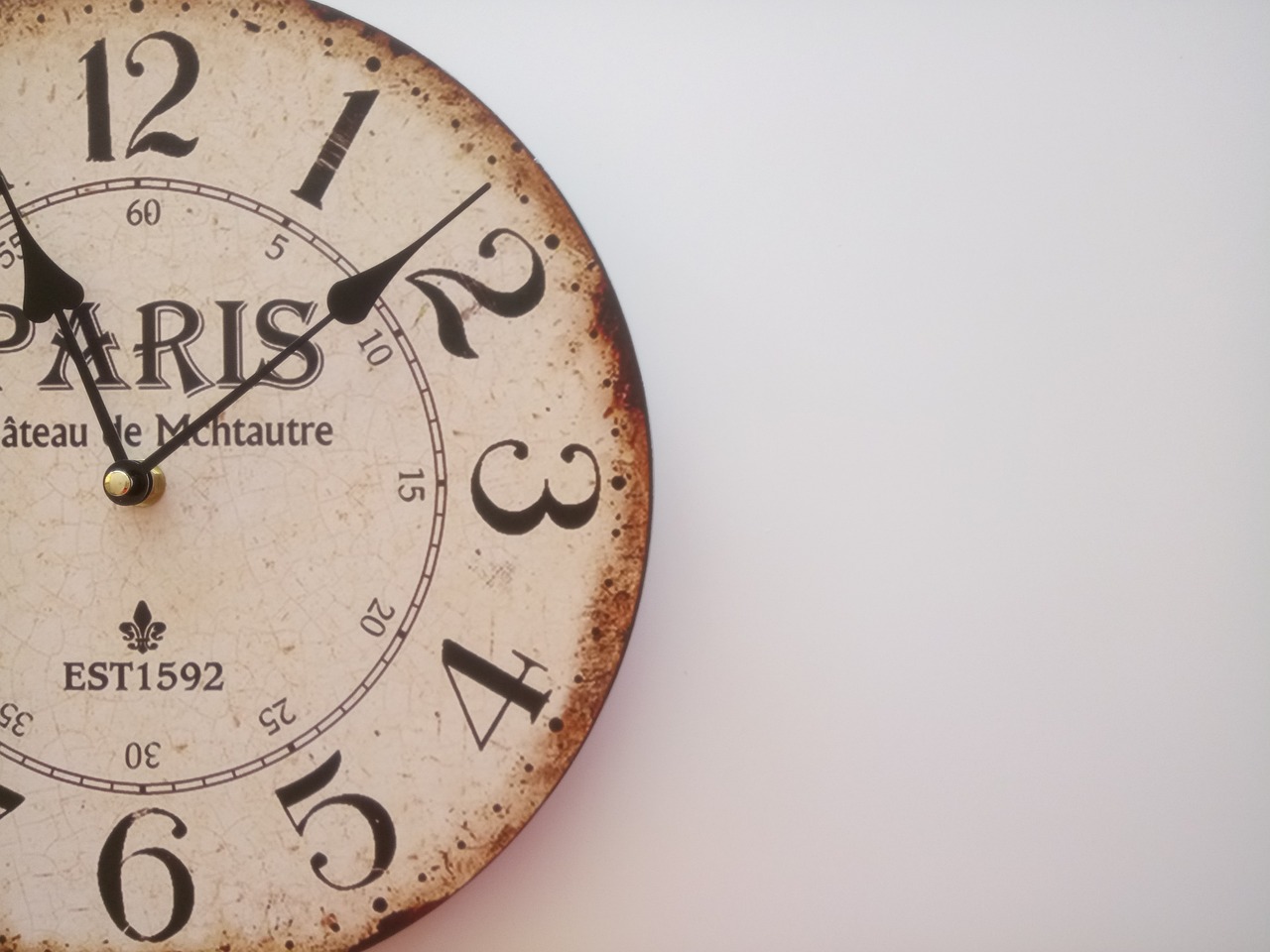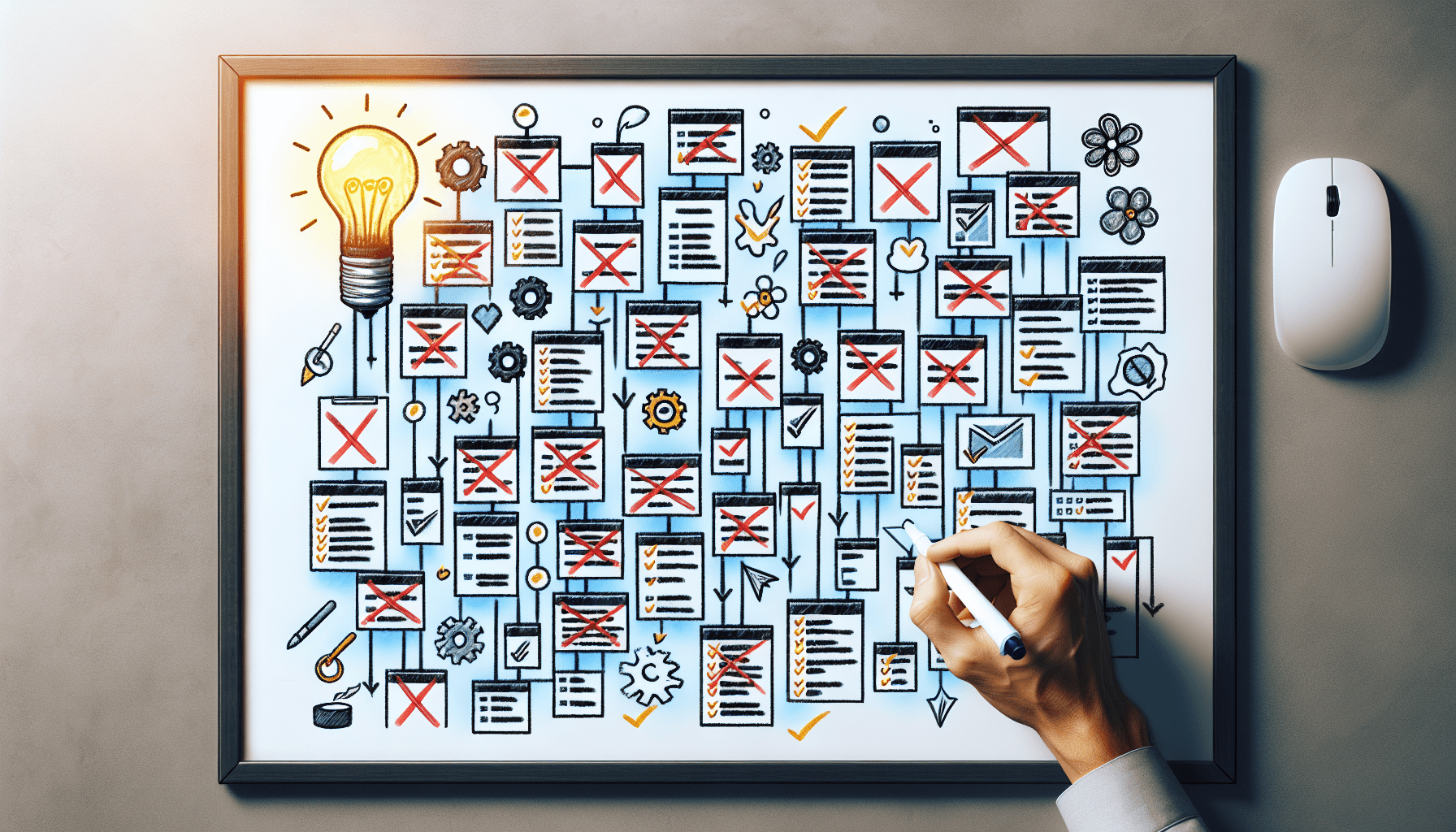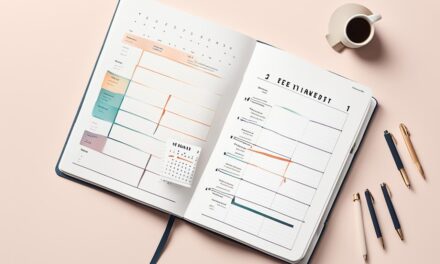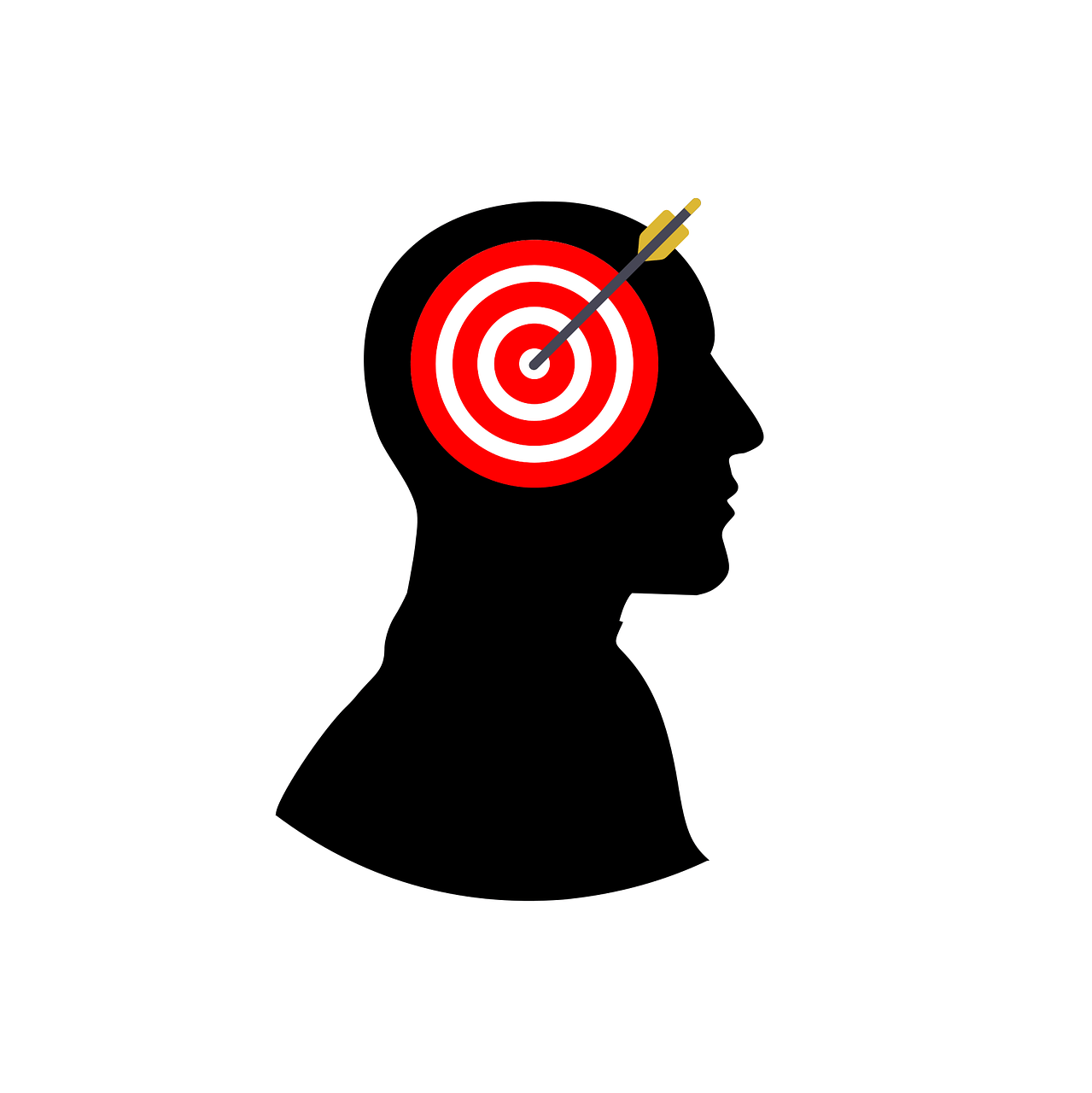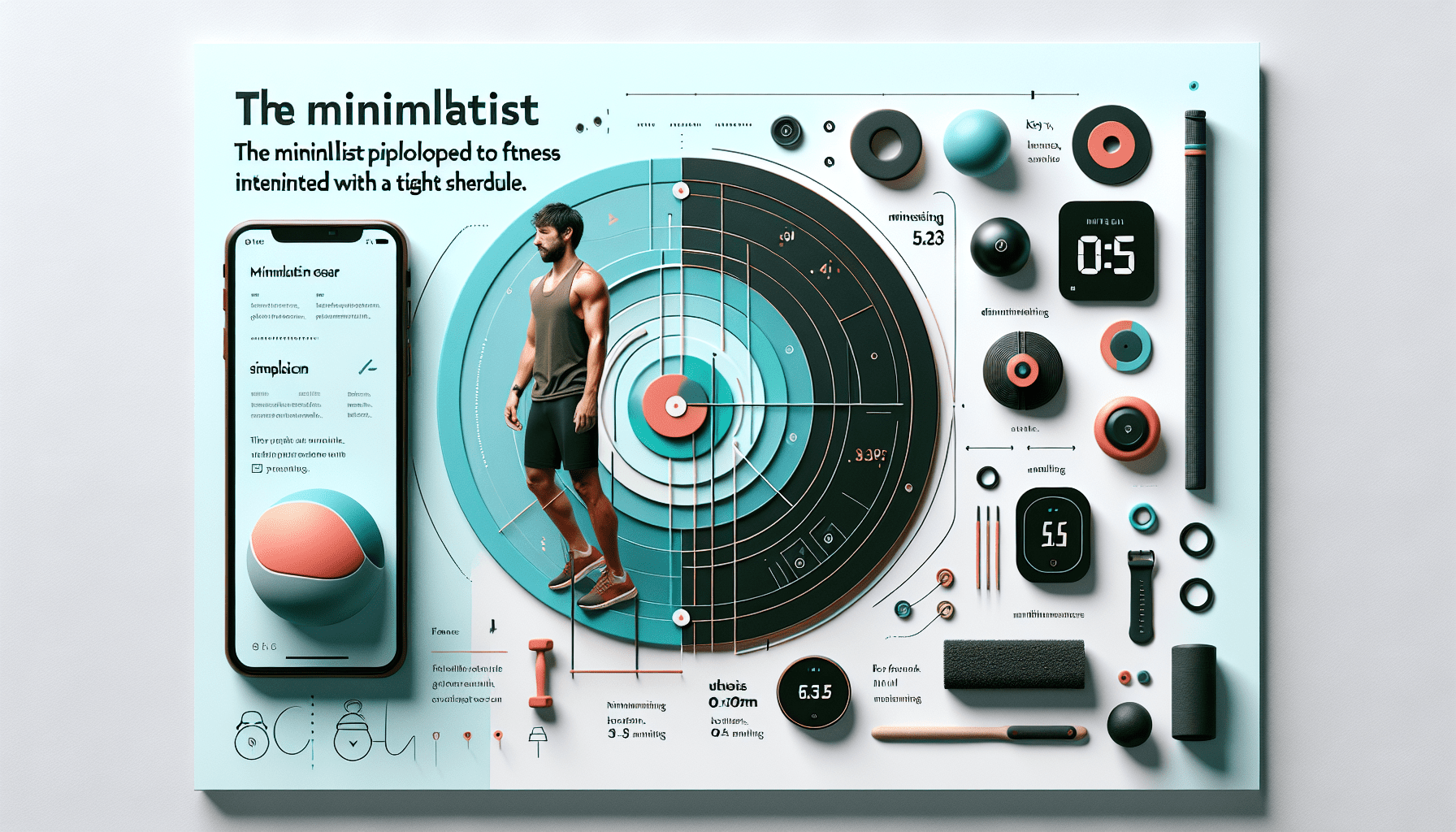
The Role Of Hobbies In Maintaining Work-Life Balance

In today’s fast-paced world, finding a balance between work and personal life has become increasingly important. We often find ourselves caught in a never-ending cycle of deadlines, meetings, and obligations, leaving little time for ourselves. That’s where hobbies come in. Engaging in activities that we enjoy not only brings us joy and fulfillment, but it also plays a crucial role in maintaining work-life balance. Whether it’s painting, gardening, playing an instrument, or knitting, indulging in hobbies allows us to take a break from the stresses of our daily routine, recharge our batteries, and ultimately increase our productivity in the long run. So, let’s explore the invaluable role of hobbies in maintaining a harmonious equilibrium between our work and personal life.
Importance of Work-Life Balance
Work-life balance refers to the equilibrium between your professional life and your personal life. It is crucial to maintain a healthy balance between these two aspects in order to lead a fulfilling and satisfying life. Striking the right balance allows you to prioritize your work responsibilities while still having enough time and energy for yourself, your family, and your hobbies.
Definition
Work-life balance encapsulates the state of equilibrium between work and personal life. It means having the ability to effectively manage your time and energy to meet both your professional and personal commitments without feeling overwhelmed or experiencing burnout.
Benefits
Maintaining a healthy work-life balance has numerous benefits that positively impact both your personal and professional life. Some of these benefits include:
-
Improved Mental Well-being: Balancing work and personal life helps reduce stress levels, providing you with a better overall mental well-being. It allows you to step back from work-related pressures and enjoy quality time with loved ones and engage in activities that bring you joy and relaxation.
-
Increased Productivity: Striking the right balance ensures that you have enough time for rest and rejuvenation. This, in turn, enhances your focus, creativity, and problem-solving abilities, ultimately leading to increased productivity and efficiency at work.
-
Better Physical Health: A balance between work and personal life allows you to prioritize your physical health. Engaging in regular exercise, maintaining a nutritious diet, and getting enough sleep become more feasible when you are not overwhelmed by work commitments.
-
Enhanced Relationships: By dedicating time and attention to both work and personal life, you can nurture and strengthen your relationships. Spending quality time with loved ones fosters meaningful connections, creating a positive impact on your overall well-being.
Self-Care
Definition
Self-care is the practice of deliberately taking care of one’s physical, mental, and emotional well-being. It involves engaging in activities that promote self-nurturing, relaxation, and personal development.
Importance
Prioritizing self-care is essential for maintaining a healthy work-life balance. When you take care of yourself, you are better equipped to handle the various demands and stressors in your life. Self-care allows you to recharge and refuel, ensuring that you have the necessary energy and mindset to perform at your best in both personal and professional spheres.
Stress Reduction
Effects of Stress on Work-Life Balance
Stress can significantly impact your work-life balance, making it more challenging to find harmony between your personal and professional life. Excessive stress can lead to burnout, decreased productivity, strained relationships, and overall dissatisfaction.
When stress becomes overwhelming, it begins to affect your physical and mental health, creating a snowball effect that can spill over into various areas of your life. It is crucial to recognize the signs of stress and take proactive steps to reduce its impact.
Ways to Reduce Stress
There are numerous effective strategies you can implement to reduce stress and maintain a healthy work-life balance:
-
Prioritize and Delegate: Learn to prioritize tasks and delegate responsibilities effectively. This allows you to focus on important tasks and avoid becoming overwhelmed by an ever-growing to-do list.
-
Practice Time Management: Effective time management helps you allocate adequate time for work, personal commitments, and self-care activities. Use strategies such as setting realistic deadlines, breaking tasks into manageable chunks, and avoiding procrastination.
-
Establish Boundaries: Set clear boundaries between work and personal life. Avoid bringing work-related stress and responsibilities into your personal time. Create dedicated spaces and times for work and leisure activities.
-
Engage in Stress-Relieving Activities: Find activities that help you relax and unwind. This can include exercise, meditation, hobbies, spending time in nature, or any other activity that brings you joy and helps reduce stress.
-
Seek Support: Don’t hesitate to reach out for support when needed. Talk to trusted friends, family members, or professionals who can provide guidance and assistance during times of high stress.
Role of Breaks
Importance of Taking Breaks
Taking regular breaks throughout the workday is vital for maintaining a healthy work-life balance. Breaks allow you to step away from your work, recharge, and return with renewed energy and focus. They not only contribute to your overall well-being but also enhance productivity and creativity.
Types of Breaks
Breaks can take various forms depending on your preferences and workplace environment. Some common types of breaks include:
-
Short Micro-breaks: These are short breaks lasting a few minutes, such as taking a brisk walk, stretching, or practicing deep breathing exercises. They help alleviate immediate stress and provide a brief mental and physical respite.
-
Lunch Breaks: Longer breaks, usually around midday, allow you to take a proper lunch and engage in activities that help you relax and recharge. It is important to step away from your workspace during this time to fully disconnect and rejuvenate.
-
Vacation Time: Longer breaks, such as vacations or time off, are essential for replenishing your energy and preventing burnout. It is important to plan and schedule regular vacations to give yourself extended periods of rest and recuperation.
How Breaks Contribute to Work-Life Balance
Taking breaks regularly helps maintain work-life balance by:
-
Restoring Energy Levels: Breaks enable you to recharge and replenish your energy levels, preventing exhaustion and burnout. This, in turn, allows you to perform better in both work and personal life.
-
Improving Focus and Productivity: Stepping away from work for short periods helps clear your mind and enhance focus. When you return, you are better equipped to tackle tasks with renewed concentration and efficiency.
-
Boosting Creativity: Breaks provide an opportunity for your mind to wander and explore new ideas. This fosters creativity and can lead to fresh insights and innovative solutions to challenges you may be facing.
-
Enhancing Physical Well-being: Regular breaks allow you to prioritize physical well-being by incorporating movement and exercise into your day. Physical activity not only benefits your health but also helps relieve stress and boost mood.
Downtime
Definition
Downtime refers to periods of relaxation and leisure when you are not engaged in work-related activities or responsibilities. It is a vital component of maintaining a healthy work-life balance.
Importance in Maintaining Work-Life Balance
Downtime plays a crucial role in maintaining work-life balance by providing opportunities for rest, rejuvenation, and personal fulfillment. It allows you to disconnect from work and engage in activities that bring you joy, relaxation, and personal growth.
By dedicating time to downtime, you create space for self-reflection, self-care, and the pursuit of hobbies and interests outside of work. This contributes to a more holistic and fulfilling life, enhancing your overall well-being and satisfaction.
Understanding Hobbies
Definition
Hobbies are activities or interests pursued for pleasure, relaxation, and personal enjoyment. They are often done in leisure time and bring a sense of fulfillment and satisfaction.
Characteristics of Hobbies
Hobbies possess several characteristics that distinguish them from work-related activities:
-
Voluntary Participation: Hobbies are chosen activities that you engage in willingly, driven by personal interest and enjoyment.
-
Leisure and Relaxation: Hobbies are typically pursued during free time, providing relaxation and a break from daily routine and responsibilities.
-
Personal Expression: Hobbies allow for personal expression and creativity, allowing individuals to indulge in activities solely for their own pleasure and satisfaction.
-
Intrinsic Motivation: Engagement in hobbies is driven by intrinsic motivation, deriving pleasure and fulfillment from the activity itself rather than external rewards.
Benefits of Hobbies for Work-Life Balance
Hobbies can greatly contribute to maintaining a healthy work-life balance and have numerous benefits:
Provides Mental and Emotional Well-being
Engaging in hobbies allows you to take a break from work-related stressors and immerse yourself in activities that bring joy and relaxation. This promotes mental and emotional well-being by reducing stress levels, improving mood, and fostering a positive mindset.
Boosts Creativity and Problem-Solving Skills
Hobbies often involve creative thinking and problem-solving, which can transfer to other areas of your life, including your work. By engaging in activities that require imagination and critical thinking, you can enhance your creative abilities, develop new perspectives, and find innovative solutions to challenges.
Promotes Physical Health
Many hobbies involve physical activity, such as hiking, dancing, or gardening. Regular physical engagement not only promotes physical health but also reduces stress and improves mood. The inclusion of physical hobbies in your routine significantly contributes to overall work-life balance and well-being.
Provides a Sense of Achievement and Satisfaction
Hobbies offer a sense of achievement and satisfaction as you engage in activities that you enjoy and excel in. This boost in self-esteem and fulfillment positively impacts other areas of life, providing a balanced sense of accomplishment and personal growth.
Choosing Hobbies for Work-Life Balance
When selecting hobbies to integrate into your life, consider the following factors:
Interests and Passions
Choose hobbies that align with your interests and passions. Engaging in activities that genuinely excite you will help create a greater sense of fulfillment and enjoyment.
Time Commitment
Consider the time commitment required for each hobby. Ensure that the hobby you choose can be comfortably accommodated within your schedule without overwhelming your other commitments.
Budget Considerations
Evaluate the financial implications of the hobbies you choose. Some hobbies may require investment in equipment, lessons, or materials. Consider your budget and choose activities that are economically feasible.
Balance Between Physical and Mental Hobbies
Strive for a balance between physical and mental hobbies. Engaging in both types of activities provides a holistic approach to maintaining work-life balance. Physical hobbies contribute to your overall well-being, while mental hobbies stimulate your mind and foster personal growth.
Integrating Hobbies into Daily Routine
Setting Aside Dedicated Hobby Time
Allocate specific time slots in your schedule for engaging in hobbies. Treat this time just like any other appointment or obligation, ensuring that it is prioritized and consistently adhered to.
Finding Ways to Incorporate Hobbies into Work
Explore opportunities to incorporate hobbies into your work routine. For example, if you enjoy painting, consider joining an art club or participating in work-related art projects. This integration allows you to enjoy your hobbies while simultaneously enhancing your work experience.
Creating a Supportive Environment
Surround yourself with a supportive environment that encourages and enables the pursuit of hobbies. Share your interests with loved ones and colleagues, and seek their support and understanding. This positive environment can help foster work-life balance and provide a sense of community.
Maintaining Balance
Avoiding Overcommitment
When incorporating hobbies into your life, it is essential to avoid overcommitment. Be mindful of your limits and ensure that you have enough time and energy to accommodate your work, personal life, and hobbies without feeling overwhelmed or burned out.
Setting Realistic Goals
Set realistic goals for both your hobbies and work responsibilities. Be mindful of your limitations and ensure that your goals are attainable within the given time frame. This helps prevent feelings of frustration and maintains a healthy work-life balance.
Prioritizing Hobbies as Self-Care
Recognize hobbies as an integral part of your self-care routine. Just as you prioritize rest, exercise, and other self-care activities, make sure to allocate adequate time for hobbies. Treat them as essential aspects of your well-being and not optional indulgences.
Balance between Hobbies, Work, and Relationships
Strike a balance between your hobbies, work, and relationships. Ensure that each aspect is given its due attention and that none of them dominate your life at the expense of the others. By maintaining this balance, you can derive enjoyment and fulfillment from all areas of your life.

